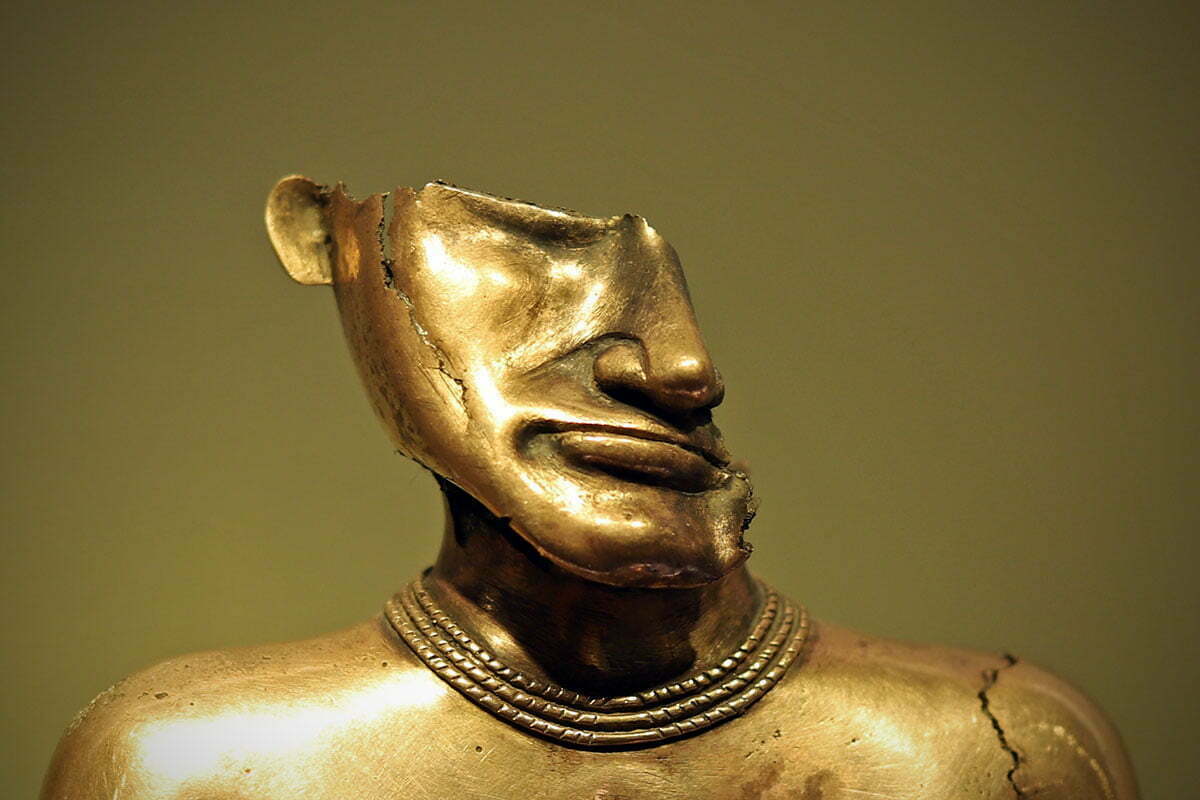Building Demolition




Here are a few of the articles from the past year that I found especially interesting. I’ve kept up this tradition for a while and you can catch up on previous editions here: 2018, 2017, 2016, 2015, 2013, 2012, 2011, 2010, 2009 and 2008.
5) The Guardian: The Aldi effect: how one discount supermarket transformed the way Britain shops
The brothers had always kept a low profile, but the success of their business did not go unnoticed. In December 1971, while preparing to drive home from work, Theo was kidnapped at gunpoint. His abductors were an unlikely pair: a convicted burglar nicknamed Diamond Paul and his lawyer, who had gambling debts. At first they were unsure that the ordinary looking man in the ill-fitting suit was really their target, and demanded to see Theo’s identification documents. The men kept him hidden in a wardrobe in Dusseldorf for 17 days, during which time Theo haggled over his ransom of DM7m (£1.5m at the time), for many years the highest ransom paid in Germany. […] Theo later tried, unsuccessfully, to have the ransom written off as a business expense for tax purposes.
Following the media coverage of his release, he never permitted himself to be photographed again. He travelled to his office in an armoured car by a different route each day, and when checking into a hotel, ascertained the best escape route before even going to his room. But Theo continued to put in long hours at the office, managing even the smallest details in his quest to save money. He wore pencils down to the nubs and turned off the light when entering an office if he judged that his staff could see well enough without it. He once told his board to look at the thickness of the paper used for photocopies. Outside consultants and media interviews were banned, considered unnecessary expenditures or distractions. Asceticism was a virtue in life and business, he believed. “People live more on what they do not eat,” he once said. He wanted Aldi to be a place where “people who don’t hate their money can safely go shopping”.
4) The New York Times: These 4 New Yorkers Are Experts in Living. What Do They Know That We Don’t?
[I]t has been left to them to invent life at their age, without the guideposts or role models of their earlier years. As the British novelist Penelope Lively wrote when she was 80: “Our experience is one unknown to most of humanity, over time. We are the pioneers.”
Having gotten old in an aging culture that still worships youth, they have done the unthinkable: gotten older.
“Did you ever meet anyone like me?” Ms. Moses asked one day at the Hebrew Home. “I’m special. A lot of people know me here. I don’t know them. They go, Hi, Helen.”
3) The Baffler: Consolation Prizes: The right’s bid to short-circuit inequality with cheap gizmos
The tendency for American capitalism to justify itself by the gadgets it is capable of making affordable is an old one. It was the basis of the notorious 1959 “kitchen debate” between Vice President Richard Nixon and Soviet Premier Nikita Khrushchev, which took place at an exhibition of American technological wizardry set up in the heart of Moscow. The American pavilion featured the latest in American time-saving household appliances, and the debate almost immediately took on a legendary character in the United States, where we told ourselves that Soviet citizens were entranced by our washing machines and Polaroid cameras. The Americans faked the automated kitchen, of course—there was a guy behind a two-way mirror making the proto-Roomba move and turning on the “automated” dishwasher, Joe Maxwell, one of the industrial designers responsible for the kitchen, told Gizmodo decades later—as part of the mission was to convince the Russians that things being marketed to middle-class Americans, including things that were years away from any sort of commercial viability, were commonplace in homes across the country.
2) The Atlantic: How a Stroke Turned a 63-Year-Old Into a Rap Legend
Dr. Sherman Hershfield woke up one morning and was surprised to find himself behind the wheel of his car. Somewhere between his Beverly Hills apartment and his practice in the San Fernando Valley, the silver-haired physician had blacked out. Somehow he’d avoided a crash, but this wasn’t the first time. “I didn’t know what was going on,” he admitted. […]
Doctors prescribed blood-thinning medication and forced Hershfield to quit driving, but he was still fit to practice medicine. Like many other survivors of stroke, he sometimes stuttered, and his speech became slurred. His personality also seemed to change. He suddenly became obsessed with reading and writing poetry. Soon Hershfield’s friends noticed another unusual side effect: He couldn’t stop speaking in rhyme. He finished everyday sentences with rhyming couplets, such as “Now I have to ride the bus. It’s enough to make me cuss.” And curiously, whenever he rhymed, his speech impediments disappeared.
1) The New York Times Magazine: There Is No Reason to Cross the U.S. by Train. But I Did It Anyway.
Contrary to multiple acquaintances’ declarations that I would encounter “some real weirdos” on the train, the first person I met on board my first sleeper car after boarding the train in Penn Station was a man in a sparkly cardigan and leather pants who breezily identified himself as “a prophet,” which is perhaps the world’s second-oldest profession. And forgive me if I find nothing “weird” about being gainfully employed under a supervisor with the kind of multinational name recognition God has.
As he doubtless expected, the prophet and I were in opposite Viewliner roomettes — private compartments Amtrak describes as “designed for one or two passengers,” although a roomette is both narrower and shorter than a standard porta potty. What Amtrak has managed to cram into this minuscule space is impressive: a fold-down sink, two cushioned benches that convert to a bed, a second premade bed that lowers from the ceiling, a tiny foldout table with an inset of alternating colored squares for checkers or chess, a coat hook, a luggage cubby, a large picture window and the largest variety of not-quite-matching shades of dark blue upholstery fabrics ever assembled. There is even a small metal toilet covered with a puce-colored lid, which invites the brainteaser: Is it more luxurious to have a private toilet inches away from your sleeping area, or a shared toilet elsewhere?
The prophet sat silently in his compartment with the curtains open.
 Taken on November 10th, 2018.
Taken on November 10th, 2018.
 This gold poporo is from 400 AD and was used to store of small amounts of lime. Taken on November 8th, 2018.
This gold poporo is from 400 AD and was used to store of small amounts of lime. Taken on November 8th, 2018.